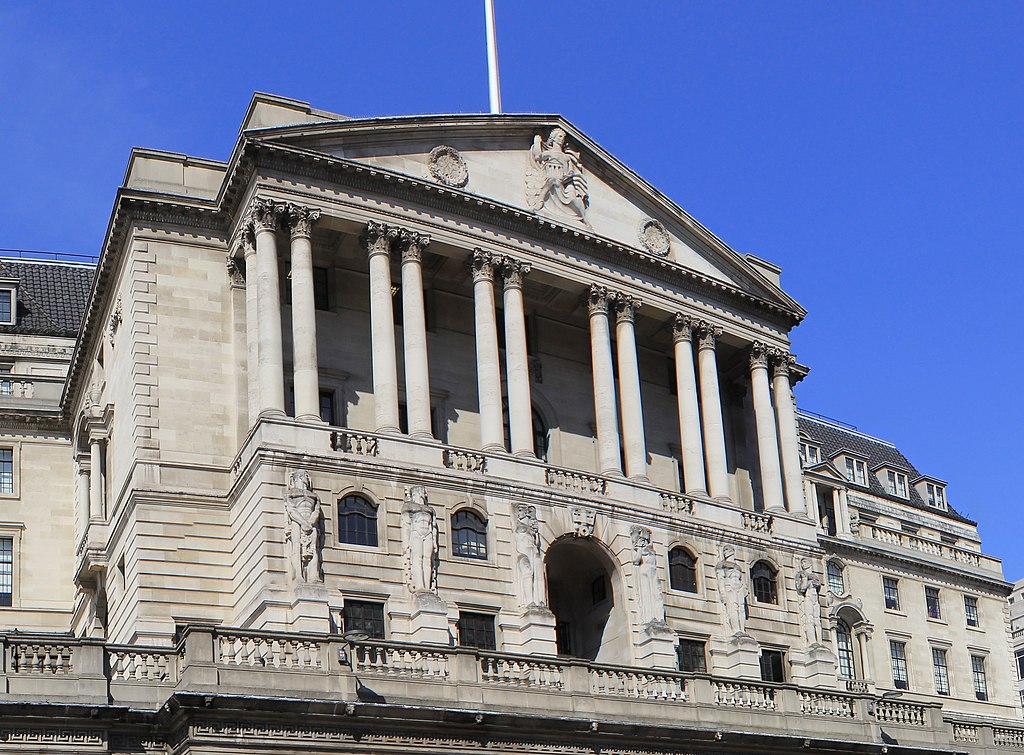IT contractors’ recruiters are putting a brave face on Spring Budget 2023 making no tweaks to IR35, leaving them and their clients to struggle on with administering the off-payroll rules.
Agencies appear to be adhering to the letter of the law, even if ‘blanketing’ — all PSCs inside IR35, and ‘banning’ — no PSCs whatsoever, is continuing, typically at large organisations.
‘Flirting’
Even the government “flirting” a few chancellor statements ago with repealing the 2017 and 2021 rules hasn’t affected the status quo, First Point Group’s Phil Jones told ContractorUK.
“Each contractor role is individually assessed within the guidelines and determined as inside or outside IR35,” said a by-the-book Jones, from FPG’s London office.
Viki Dowthwaite, of Trinnovo Group confirms that “the continuation of these rules” by the chancellor sees clients “continue to assess each contractor’s individual working practices.”
‘Ambiguous, burdensome IR35 rules’
She made no mention of the agency’s high-growth technology sector clients engaging in blanketing or banning, but there was a hint of sympathy should they feel they have no choice.
“These rules present a long-term, ambiguous job and a heck of an administrative burden [for clients who must assess] the different IR35 markets, and the legal wording [of contracts]”.
Like clients, agencies have been given a tool by HMRC to test IR35 status but it’s “not fit for purpose,” continued Dowthwaite, contract lead for Trinnovo’s Trust in SODA and Broadgate.
‘Agencies led by their large clients’
“CEST is popping out 20% of [the time with] ‘undetermined’ and businesses have no further support or guidance provided by HMRC to enable them to make the final determination.
“And often,” she continued to ContractorUK, “particularly in the case of large organisations, agencies must be led by the end-client’s approach to IR35.
“We can advise on why they should take a practical approach, engaging outside IR35 contractors where appropriate, but ultimately, it’s up to the end-client and HMRC to adopt a more user-friendly approach.”
The angst behind her comments will be recognised by the 52% of agencies somewhat or very “concerned” by compliance with IR35 reform, Cool Company has found.
Get in touch with us today to speak with the UK’s Best Contractor Mortgage Broker.
‘Four in ten encounter difficulties when recruiting due to IR35’
A further 43% of agencies say that IR35 compliance has caused them “difficulties when recruiting for contract [opportunities],” adds a Cool survey of January 2023.
Fresher findings on IR35’s impact will be released shortly by the Association of Independent Professionals and the Self-Employed (IPSE).
A poll from IPSE asking for contractors’ input on IR35 is still open and accepting both tick-box answers and comments on the framework.
‘Some end-users moving away from blanketing, but not all’
The association’s Andy Chamberlain is hoping to see an improvement on the one in five contractors who were subject to a blanket inside IR35 determination (as of October 2021).
“We’re hearing some clients are moving away from blanketing, while others, particularly in financial services, continue to insist on the umbrella route,” Mr Chamberlain told ContractorUK.
Ahead of the IR35 poll closing soon, the IPSE policy director added last night: “It feels like the picture overall is getting better. But that’s not the experience of every contractor out there.”
‘Blanketing is beyond me’
Indeed, one limited company contractor confesses to no longer being ‘out there’ out all, directly due to ‘blanketing’ and despite beating IR35 in a high-profile case against HMRC.
“I stopped contracting because one of the [well-known] companies blanket-banned PSCs,” posted Elaine Richardson, whose ECR Consulting defeated the Revenue in 2011.
“[Blanketing] is entirely beyond me…[but I hope with skills shortages or similar it] comes back to bite those clients who just blanket ‘assess’ as inside for their own convenience.”
Get in touch with us today to speak with a specialist Contractor Mortgage Advisor.
‘HMRC to look for opportunities to improve off-payoll rules’
Responding to a ‘Reverse IR35’ petition this month, HM Treasury said the government has “continued work to understand…how improvements could be made to the way the rules work in practice.”
Adds the response of March 9th 2023: “The government very much values the contributions of flexible workers, including the self-employed, to the UK economy and is committed to the tax system becoming simpler and more dynamic to help reduce burdens on businesses and individuals.
“HMRC will continue to provide support and guidance to individuals and businesses operating the rules and will continue to look for opportunities to improve the way these rules work in practice.”
‘Sense’
At Trinnovo, Dowthwaite believes the improvement is to revert to what the rules stated for 20 years; where they previously placed responsibility, and where the rules today place the decision-making responsibility for PSCs whose clients are small companies.
She told ContractorUK: “Surely it would make more sense, if the person conducting those working practices and contracted by any agreement advises on their own status.”
By Simon Moore
Source: Contractor UK









